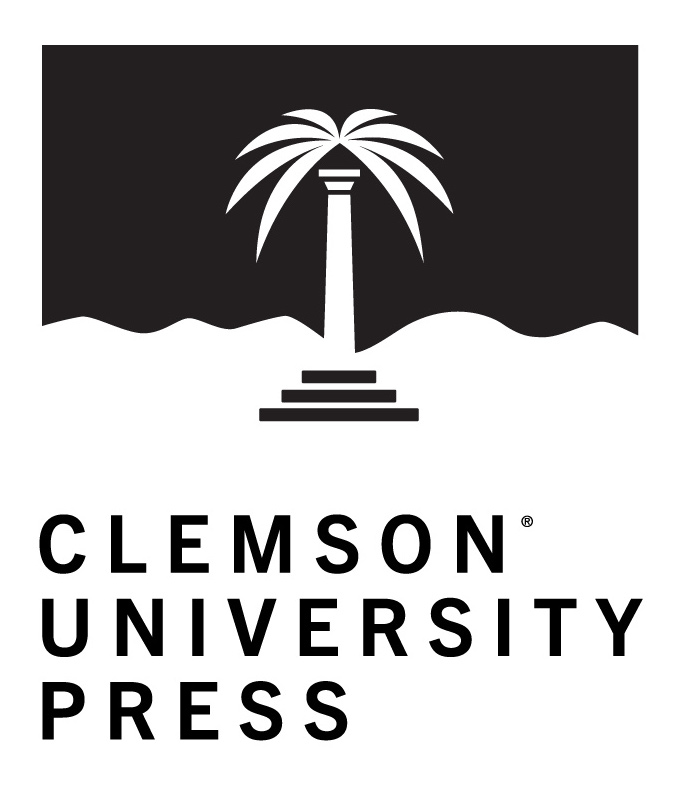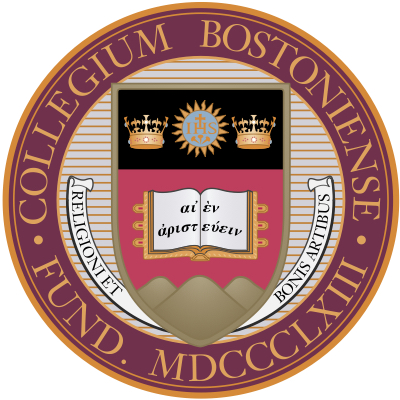DOI
https://doi.org/10.34068/IYS.03.01.04
Abstract
This essay addresses Yeats’s negotiation of poetry’s relationship, during the 1930s, with the emerging mass culture. Rather than contextualizing Yeats’s view on the future with a traditional critical framework such as Romantic apocalyptical discourse, a closeness to Aldous Huxley’s Brave New World and dystopian novels is explored. The main focus is on an unfinished draft for A Vision, “Michael Robartes Foretells,” and the way it envisages the changing situation for literature at the end of an epoch. Yeats’s use of classical parallels and linking of poetry and cinema are given special attention. His suggestion that the poetry of the future may be affected by the emergent medium of cinema provides an ambivalent perspective, not simply suggesting the degeneration of poetry in a context of Americanized mass culture but also possibilities of metamorphosis and spirituality. The interpretation of “Michael Robartes Foretells” is framed by other examples of Yeats’s engagement with mass media in the 1930s, in the form of Virginia Woolf’s diary report of table talk and Yeats’s radio broadcasts. All in all, Yeats’s view on poetry’s position balances between a conservative fear of marginalization and a more hopeful view of its potential to reinvent itself in a new historical context.
Recommended Citation
Armstrong, Charles I.
(2018)
""Some Ovid of the Films": W. B. Yeats, Mass Media, and the Future of Poetry in the 1930s,"
International Yeats Studies: Vol. 3:
Iss.
1, Article 3.
DOI: https://doi.org/10.34068/IYS.03.01.04
Available at:
https://open.clemson.edu/iys/vol3/iss1/3




